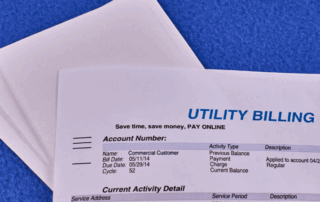Electricity Costs Are Spiking: Here’s How Large Energy Consumers Are Responding
Electricity prices are rising faster than many large energy consumers have ever experienced, driven by structural changes in power and capacity markets. For organizations with significant electricity spend, the challenge is no longer just securing a competitive rate, but managing long-term price risk and budget uncertainty. This guide explains how large energy buyers are responding with structured hedging strategies to control costs, reduce price exposure, and stabilize energy budgets.
Energy Procurement for Multi-Site Businesses
Managing energy procurement across multiple locations introduces complexity that goes far beyond price. Different utilities, tariffs, contract terms, and regulatory rules can quickly turn energy into an administrative and financial burden. Without a centralized strategy, multi-site businesses often face misaligned contracts, missed market opportunities, and unnecessary exposure to risk. This guide explains how centralized energy procurement helps multi-site organizations streamline contracts, reduce costs, and manage market volatility with a structured, portfolio-level approach.
How Are Commercial Electricity Rates Determined?
Commercial electricity rates are influenced by a complex interplay of generation, transmission, and capacity costs, alongside local market dynamics. Understanding these key factors and how they are calculated is essential for businesses seeking to manage and reduce their electricity expenses.
Energy Procurement Management: Process, Benefits & Best Practices
Energy procurement management is a strategic process crucial for businesses looking to control energy costs, especially in deregulated energy states. This article will outline the energy procurement management process, highlight best practices, and explain why many businesses trust Diversegy with their procurement plans.
Con Edison NY Rising Energy Costs
Con Edison is proposing significant rate hikes for 2026, with electric bills expected to rise by 11.3% and gas by 13.4% across New York City and Westchester. These increases highlight the urgent need for businesses to plan energy procurement strategies for the years ahead.
On-Site Power Generation: How Large Energy Users Are Making Their Own Power To Offset Rising Capacity Costs
Rising capacity charges, unpredictable market prices, and mounting sustainability targets are prompting a growing number of businesses to generate their own electricity on-site. This article explores the forces driving adoption, the technologies leading the movement, and how companies are using on-site generation to protect their bottom line.





